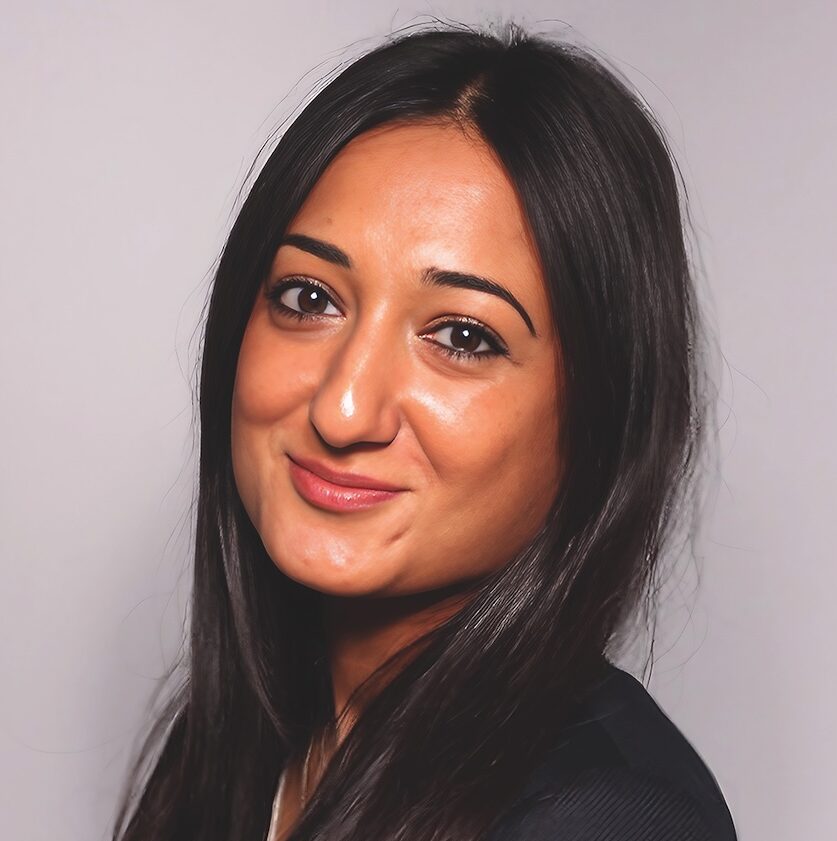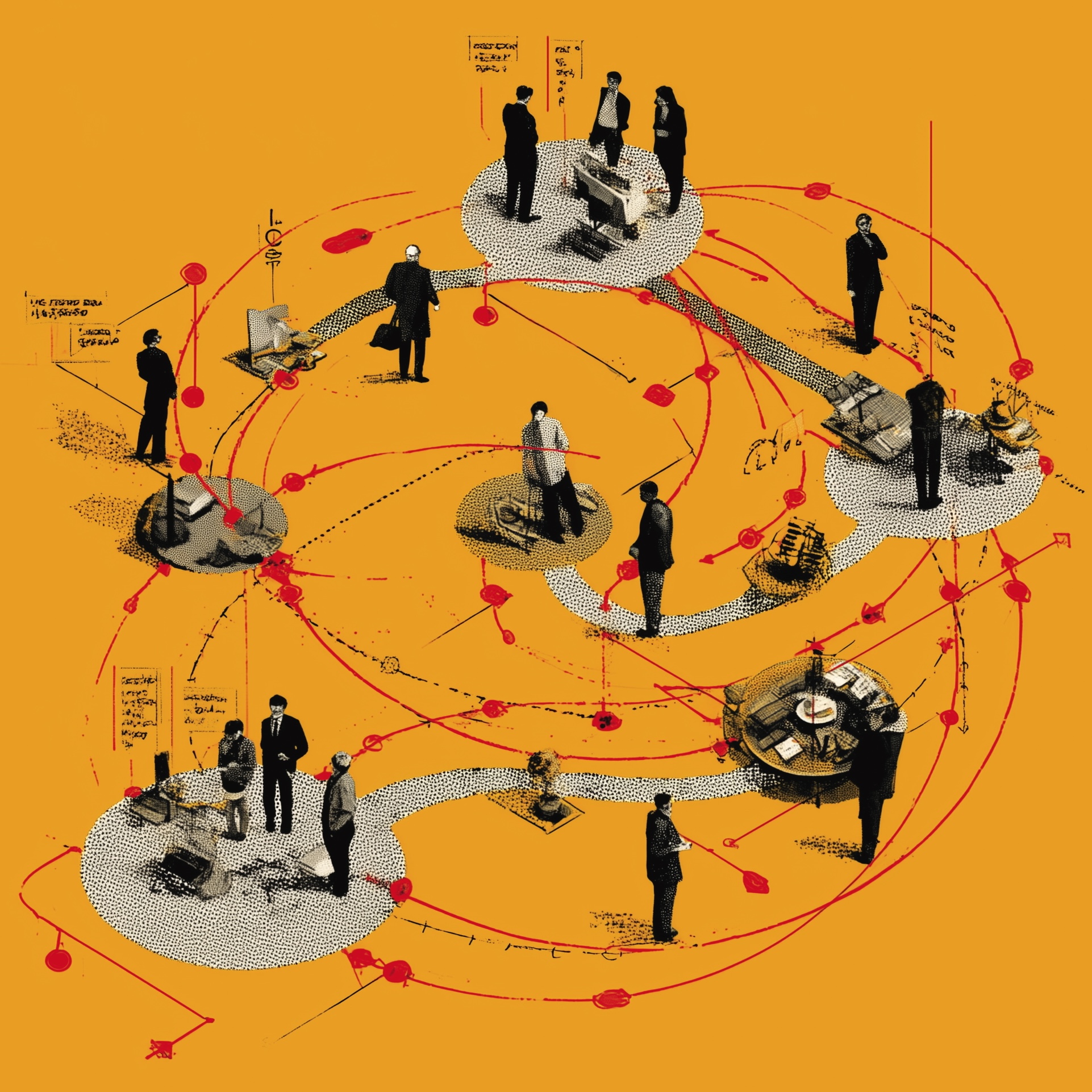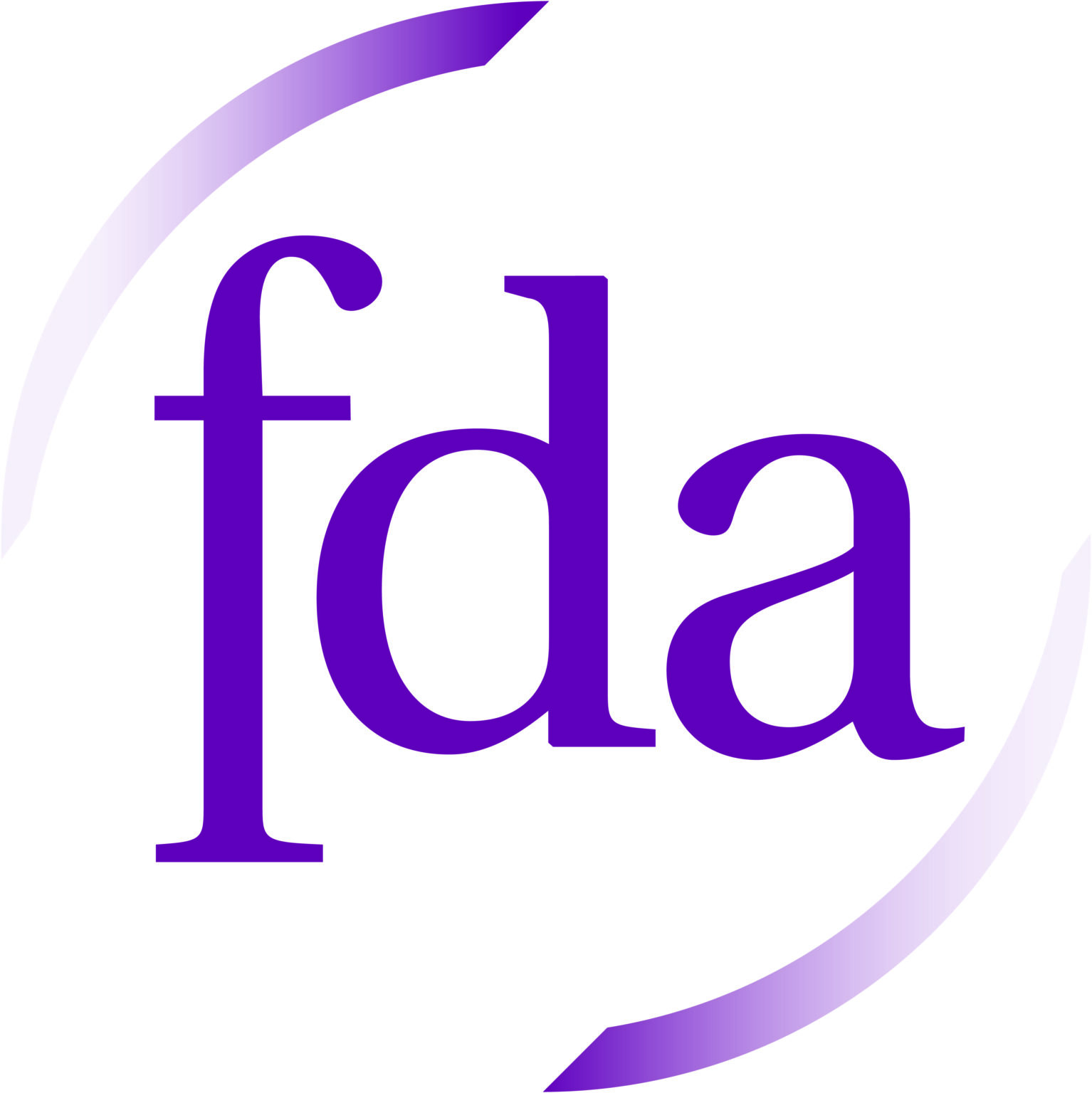“It seemed like an obvious problem we needed to solve upstream.”

Dr Bea Bakshi, C the Signs
Former GP Dr Bea Bakshi was inspired to create C the Signs — a digital tool that helps GPs spot the early signs of cancer — when she spend a hospital nightshift looking after a sick patient who turned out to have incurable pancreatic cancer which had tragically gone undetected. The patient’s reaction was “stoic”, she recalls, but his blunt question stayed with her: “Why was my cancer diagnosed so late?”
This experience was “harrowing for me”, she says, “but it also seemed like an obvious problem we needed to solve upstream”. Most cancers are diagnosed in primary care but, at 58%, early detection rates are poor and “we have few tools or technologies to help GPs with identification,” she explains.
Once deployed in a GP practice, C the Signs integrates with electronic patient records and uses AI technology to spot patients at risk of cancer. “It processes all the information very quickly – in less than a minute,” says Bakshi. “It predicts what type of cancer they may be at risk of and recommends the best pathway for them based on their risk and the availability of local services.”
C the Signs is already being used in 1,400 surgeries, and early results are impressive: it has so far identified 40,000 patients across 50 cancer types, and areas using it have seen a 50% reduction in cancer diagnoses in A&E and a 50% improvement in diagnosis time. The software has 99% sensitivity to cancer, compared to 54% for a GP.
With results like that, why isn’t everyone using it? Bakshi says most ICBs either don’t have funding at all, or have ring-fenced money that can’t be spent on primary care. “Primary care attracts less than 10% of NHS funding,” she says. “We often judge hospitals by how well they manage the front door — the A&E department. But primary care is the front door for everything in healthcare, so why aren’t we investing there?”
Related Stories
-

Felix Peckitt: “We’ve got power and influence. It’s important we use it and don’t be complacent.”
Felix Peckitt, assistant director of data architecture at North Central London ICB and MiP’s newly elected National Committee member for London, in conversation with Craig Ryan.
-

Daniel Elkeles: “There’s a lot of green shoots here—the NHS is in a much better place”
As NHS Providers annual conference gets underway in Manchester, we speak to chief executive Daniel Elkeles about next year’s merger with the NHS Confederation and the future for NHS trusts in England. He tells Alison Moore that providers are “well placed” to deliver the Ten-Year Plan—but warns an unhappy workforce and a lack of investment could throw big spanners in the works.
-

What now? Seven expert takes on the Ten-Year Plan
The government’s Ten-Year Plan for the NHS in England has met with enthusiasm and exasperation in equal measure. We asked seven healthcare experts to give us their considered view on one aspect that interests, excites or annoys them.
Latest News
-

FDA General Secretary Election 2026
Please find important information regarding the FDA General Secretary Election 2026 which MiP members may participate in.
-

Government proposal for sub-inflation pay rise “not good enough”, says MiP
Pay rises for most NHS staff should be restricted to an “affordable” 2.5% next year to deliver improvements to NHS services and avoid “difficult” trade-offs, the UK government has said.
-

Unions refuse to back “grossly unfair” voluntary exit scheme for ICB and NHS England staff
NHS trade unions, including MiP, have refused to endorse NHS England’s national voluntary redundancy (VR) scheme, describing some aspects of the scheme as “grossly unfair” and warning of “potentially serious” tax implications.